
Human Reproduction NEET Notes: Human reproduction is one of the fundamental topics in biology, essential for understanding life processes and the continuity of species. It holds significant importance in the NEET (National Eligibility cum Entrance Test) syllabus, as questions from human reproduction frequently appear in the exam. NEET aspirants for 2026must focus on this chapter as it integrates concepts from physiology, anatomy, and embryology—all critical for a comprehensive understanding of biology.
Also Check:
Human Reproduction NEET Notes Overview
The study of human reproduction for NEET includes various subtopics and approaches that help students master this crucial chapter. The basics involve understanding the anatomy of male and female reproductive systems, gametogenesis (spermatogenesis and oogenesis), and hormonal regulation of reproduction. Theoretical aspects cover fertilization, implantation, embryonic development, placenta formation, parturition, and lactation.
NEET-specific preparation should emphasize NCERT-focused learning, which serves as the primary resource for understanding concepts. Students should adopt methods like "understand-to-learn" using diagrams and flowcharts to connect theoretical concepts. Regular practice of MCQs, including concept-based, application-oriented, and tricky questions, is crucial. Analyzing previous year's questions (PYQs) provides insight into trends and frequently asked topics.
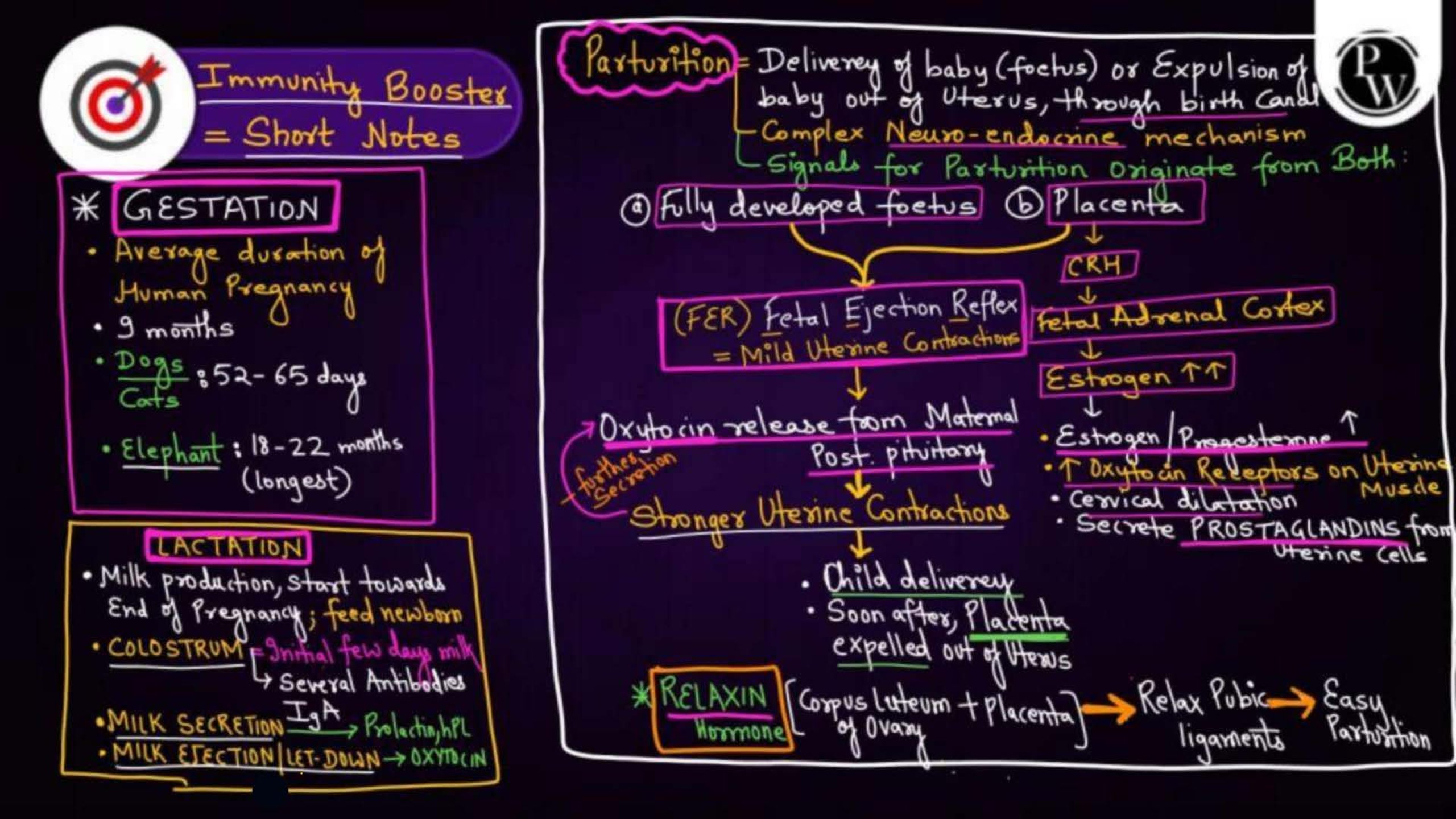
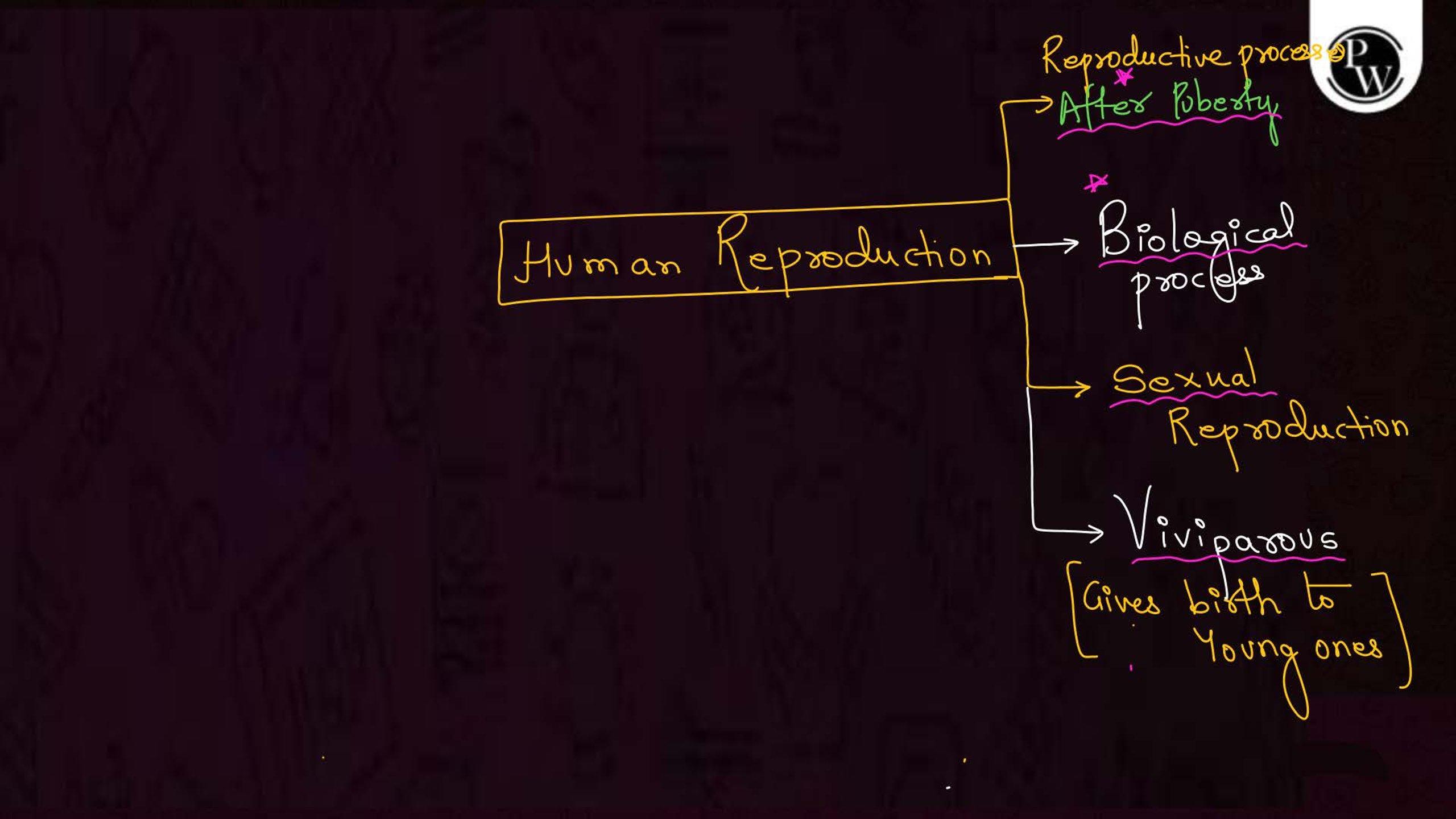
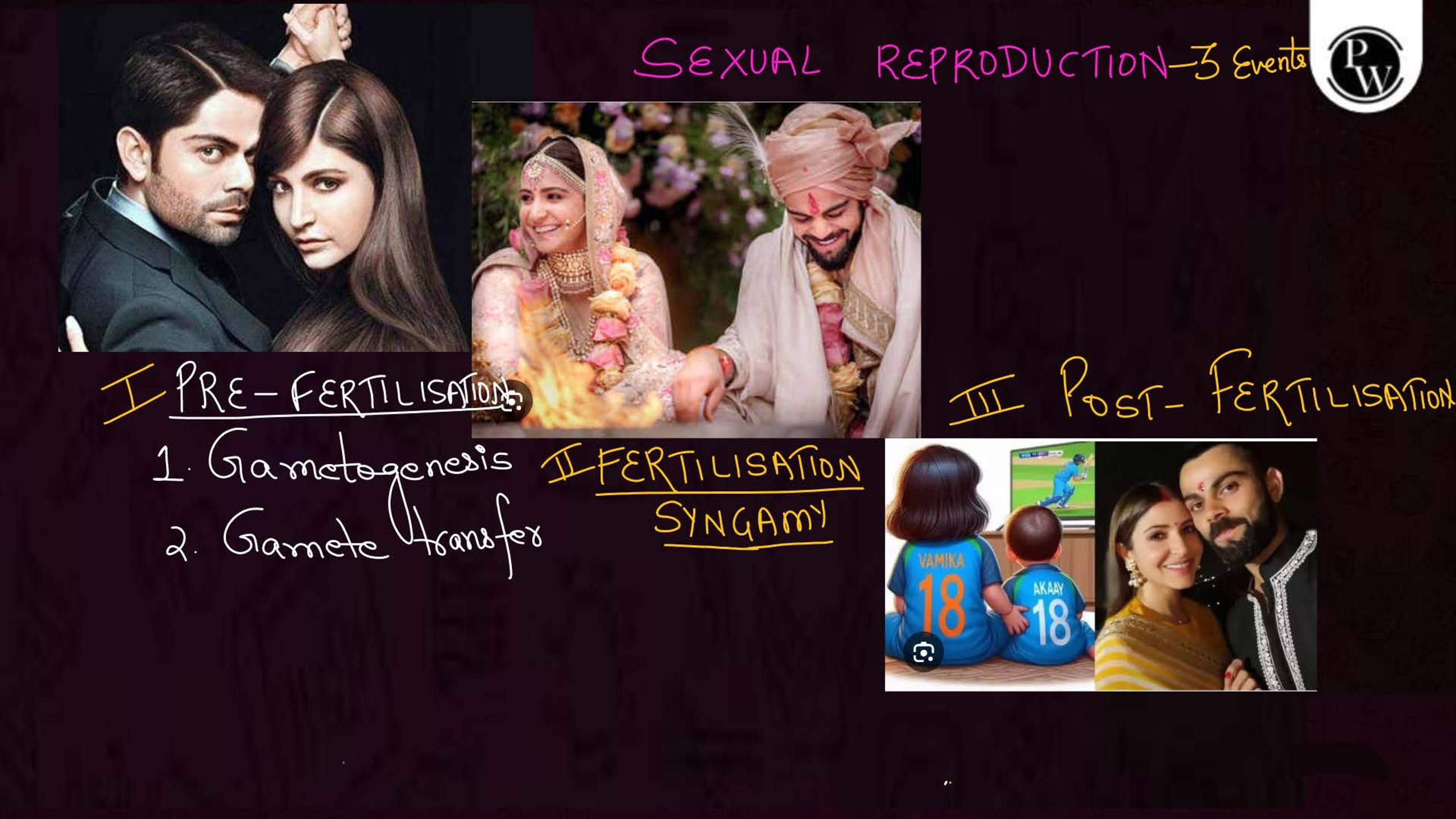
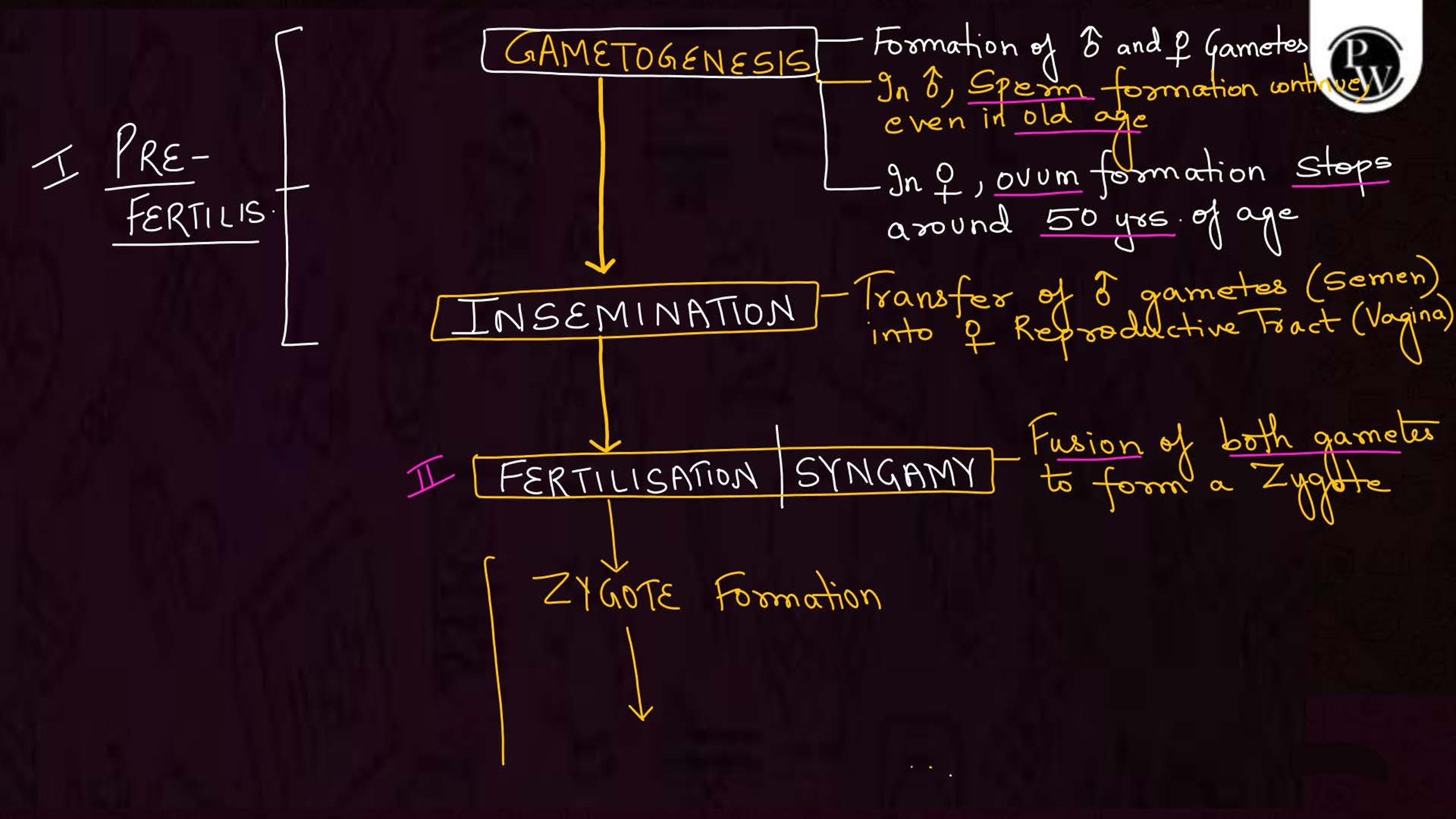
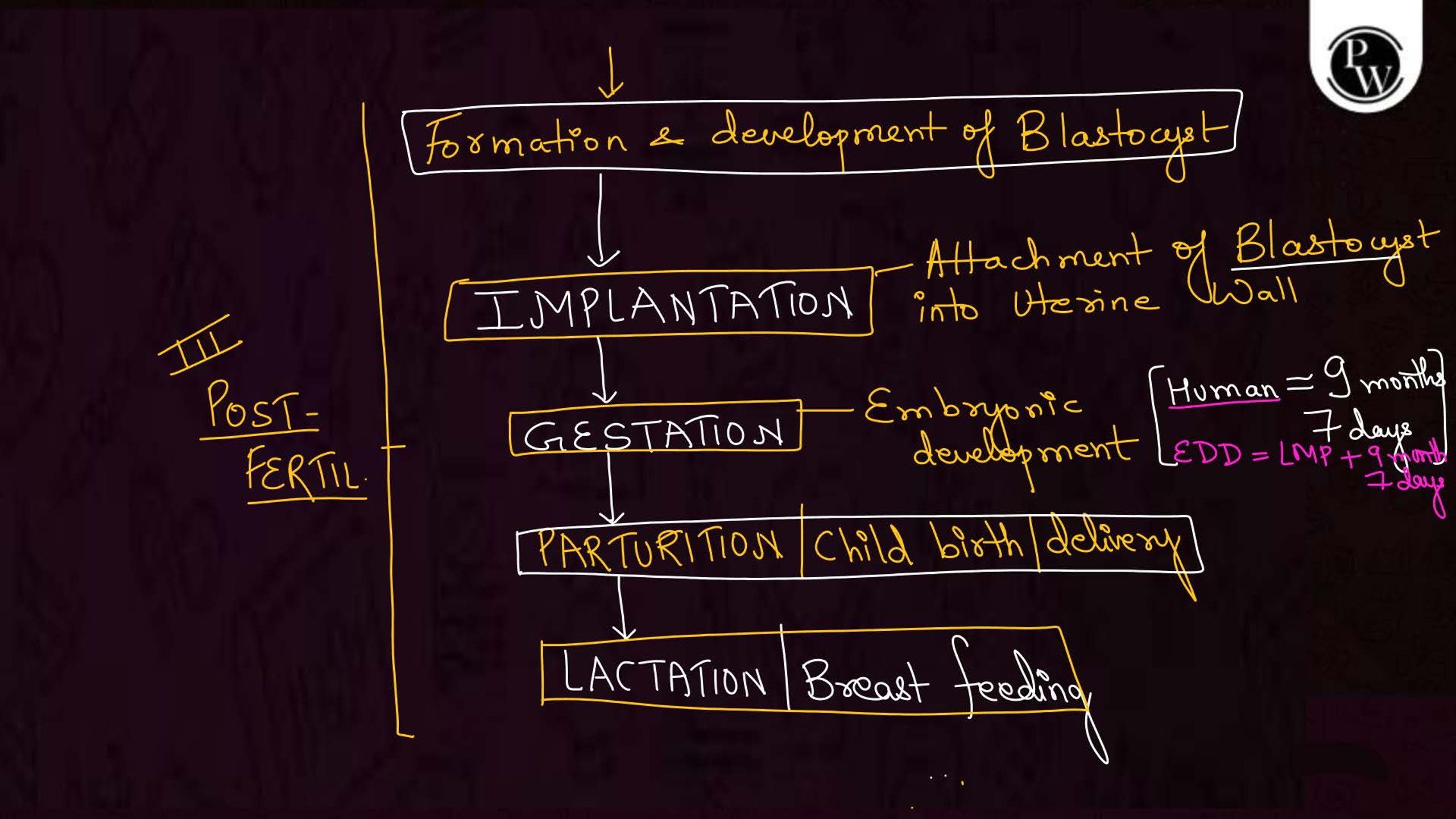
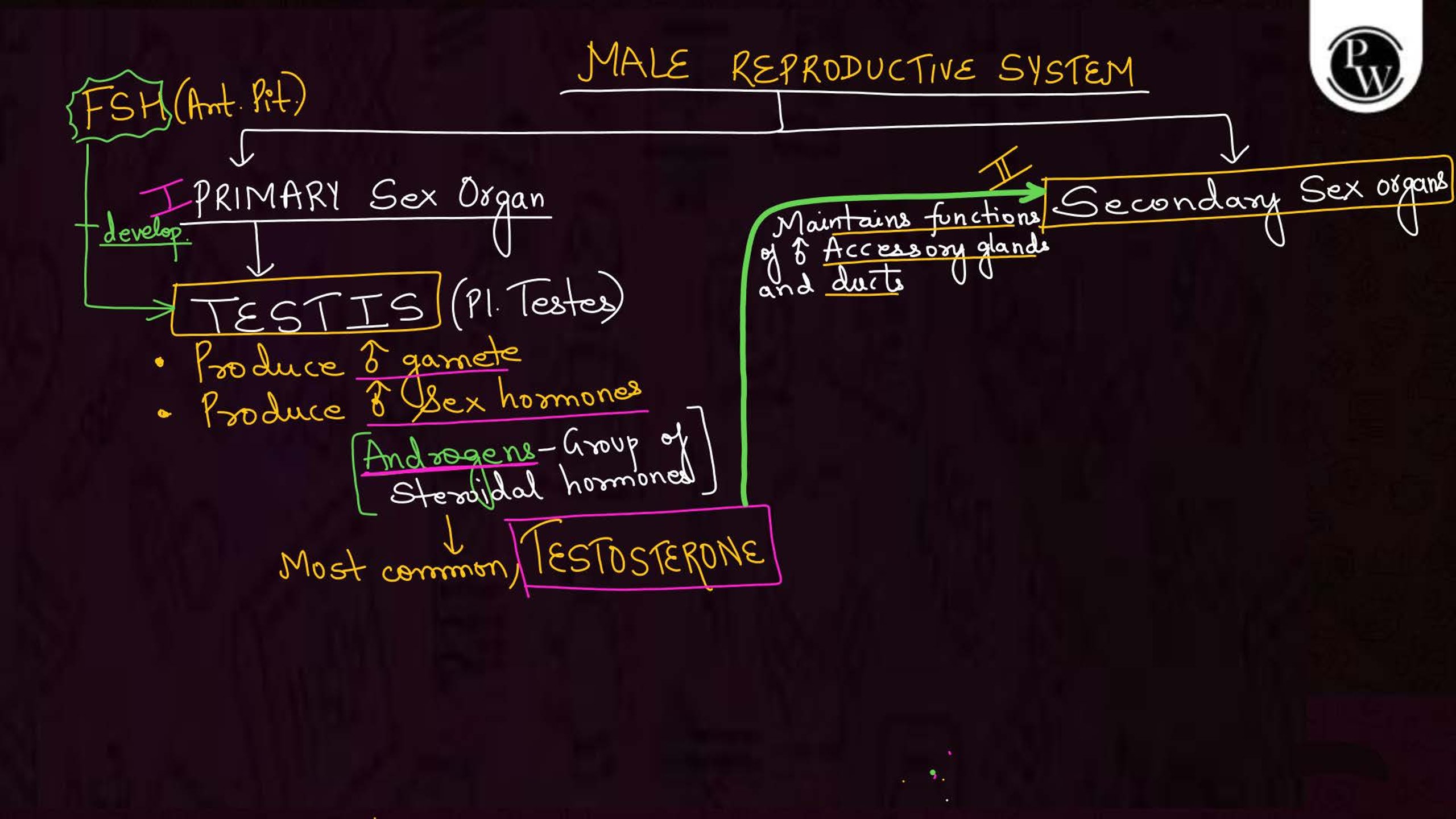
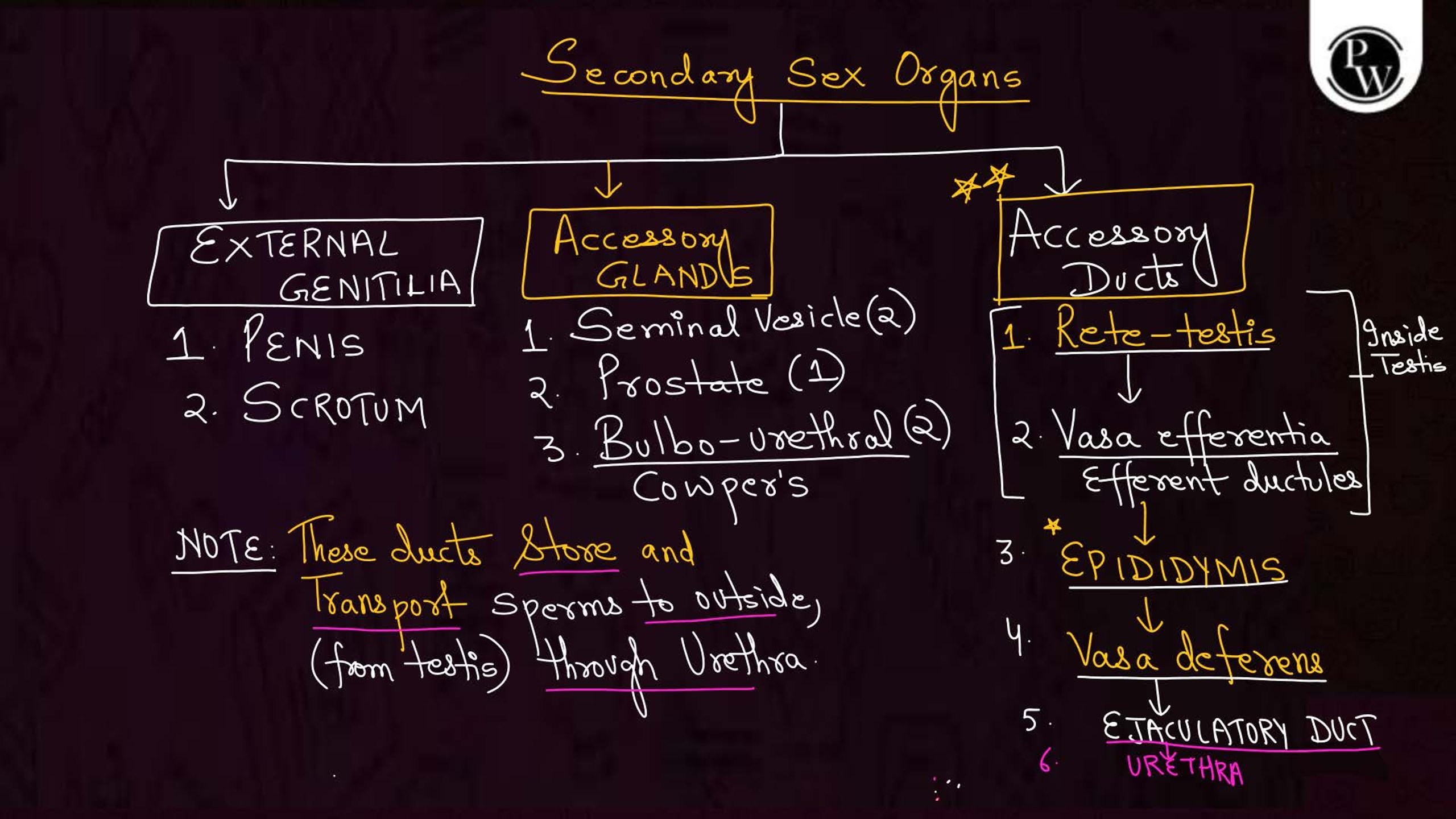
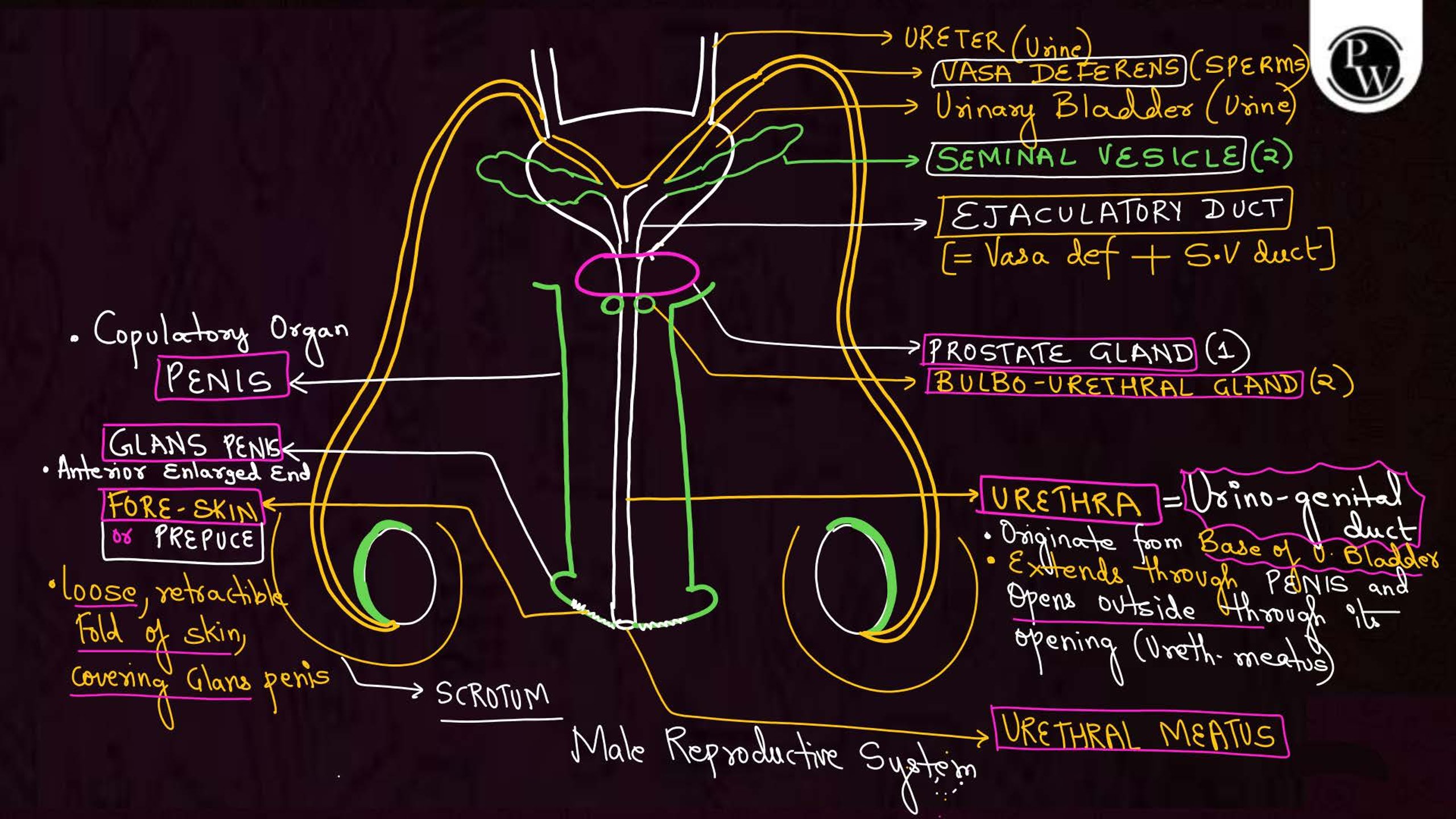
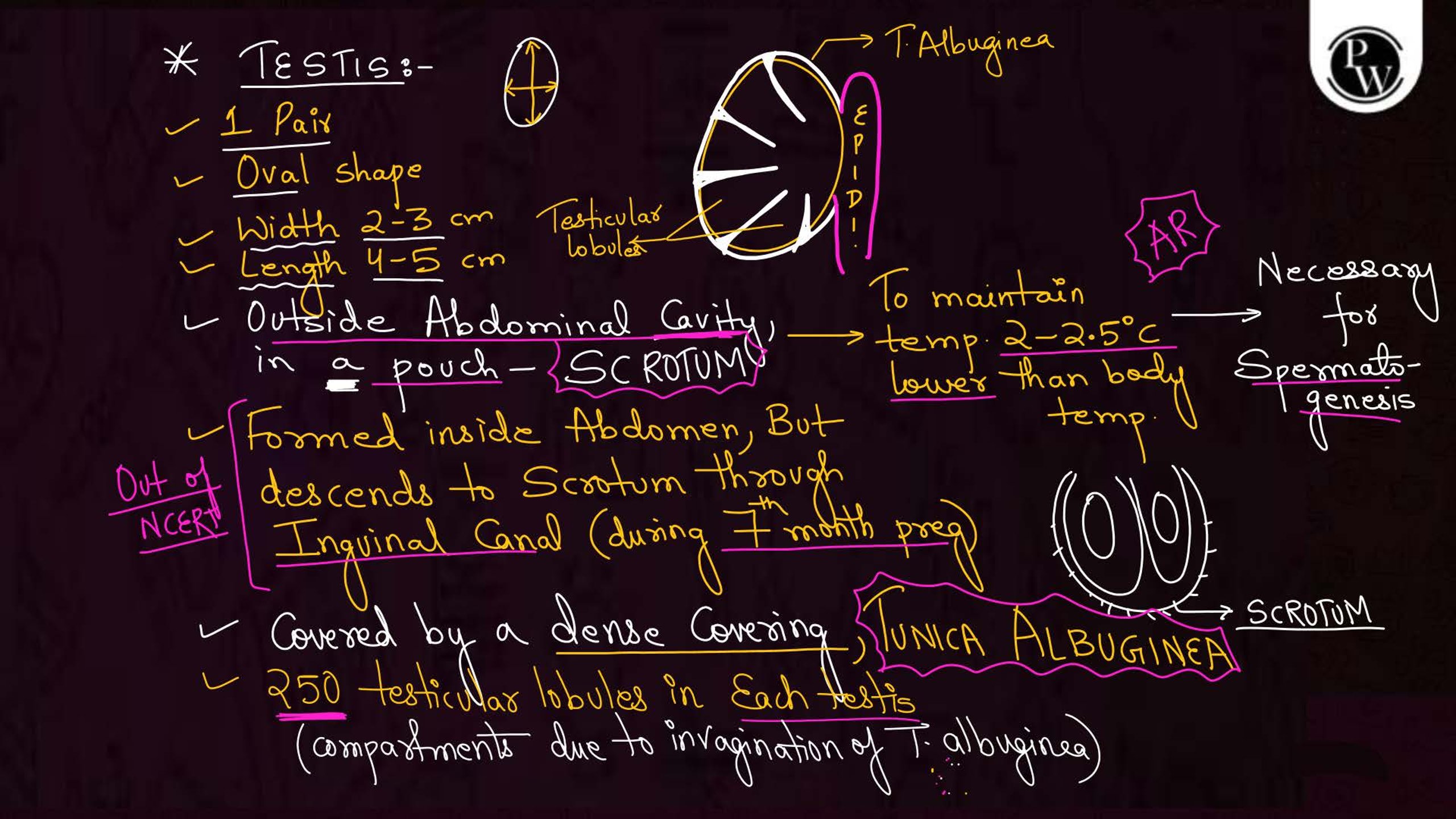
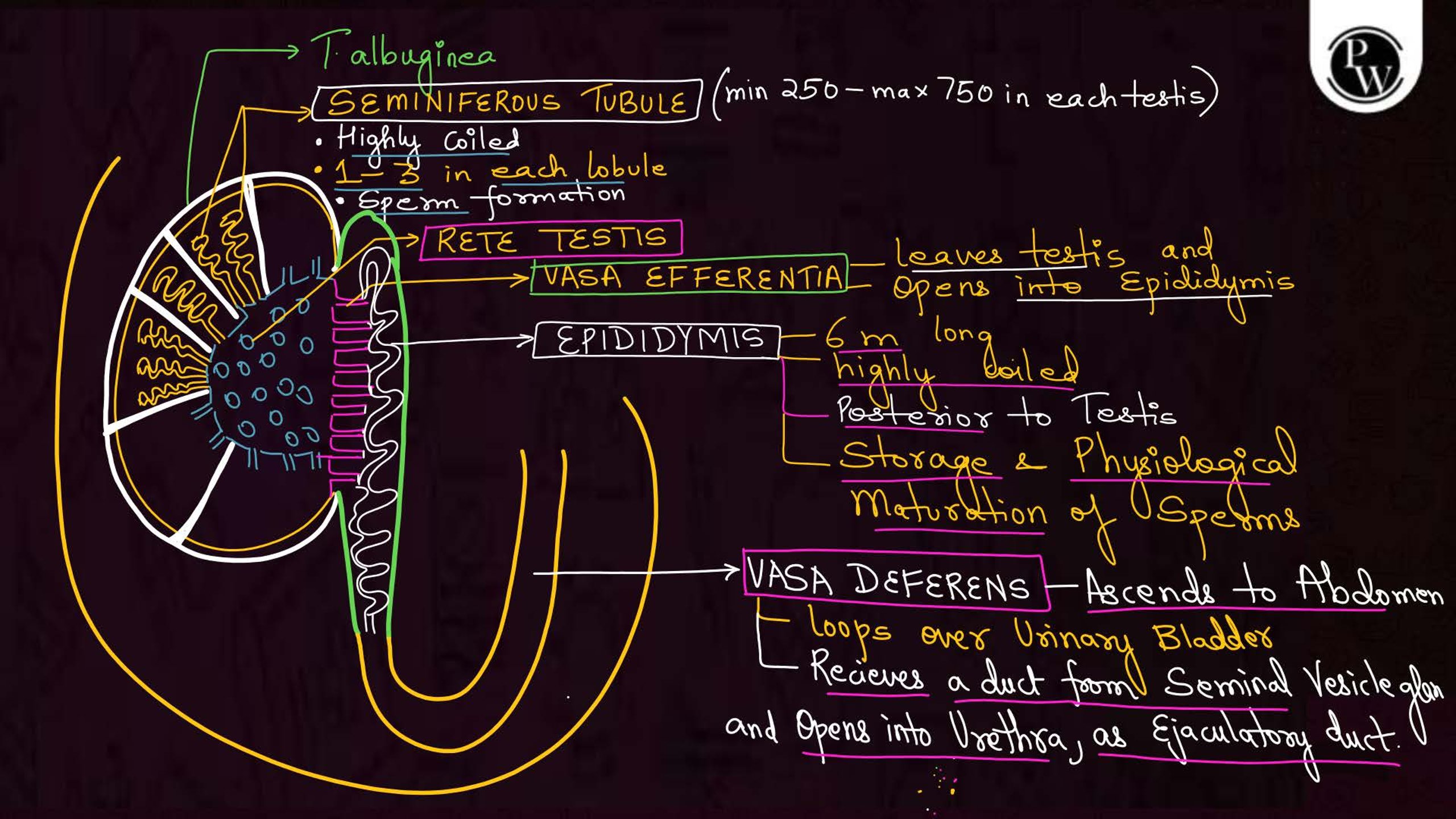
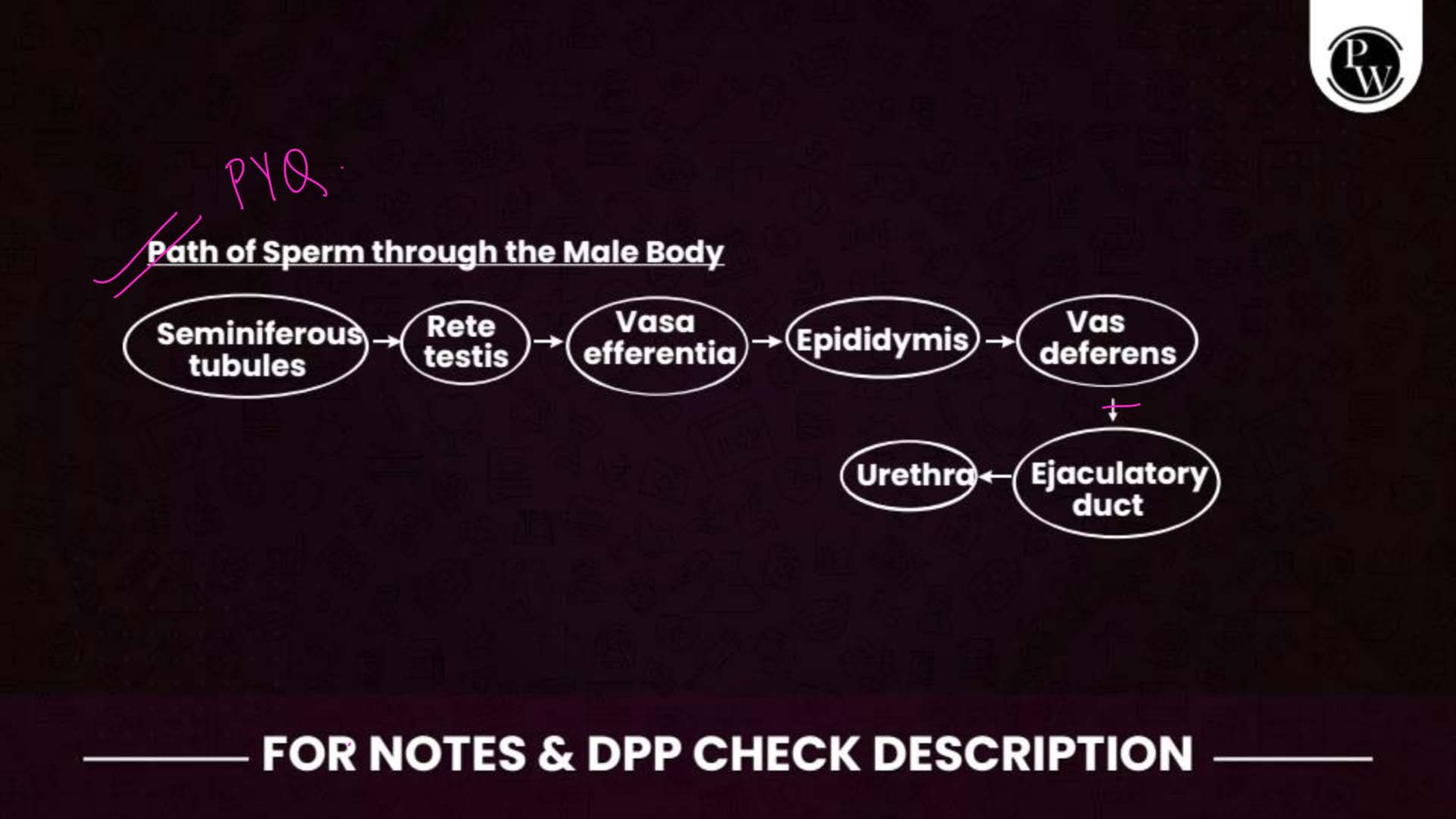
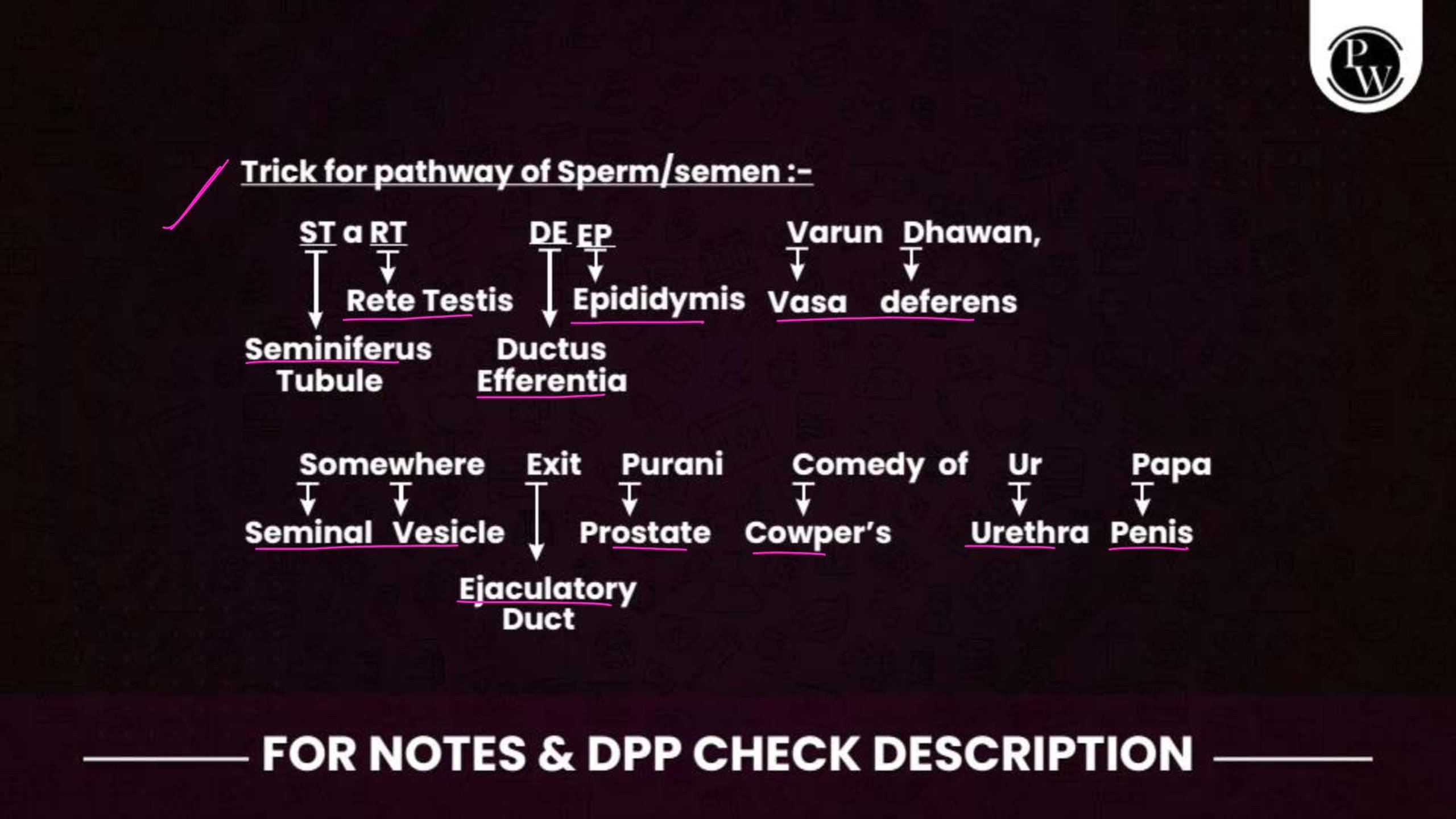
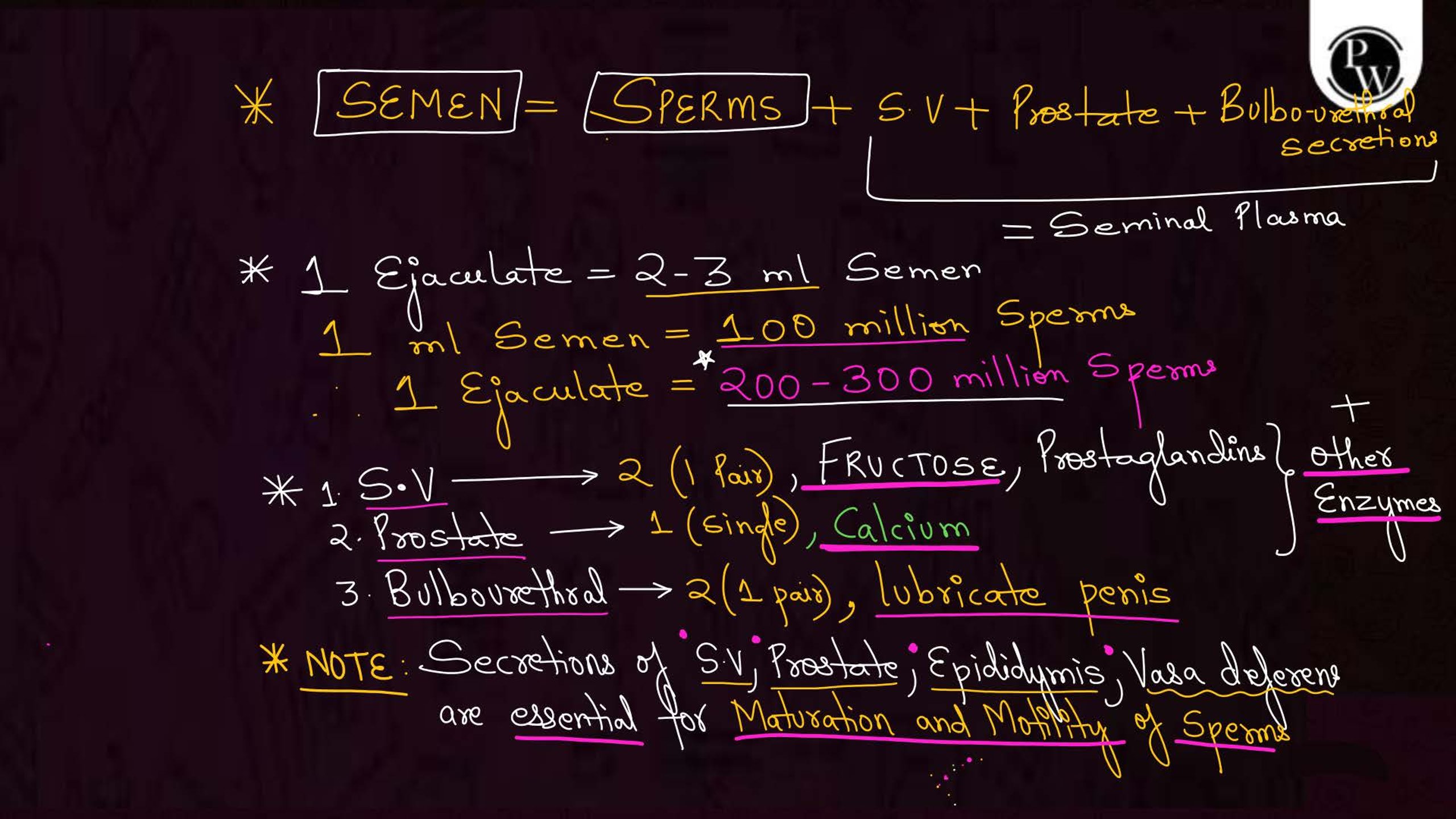
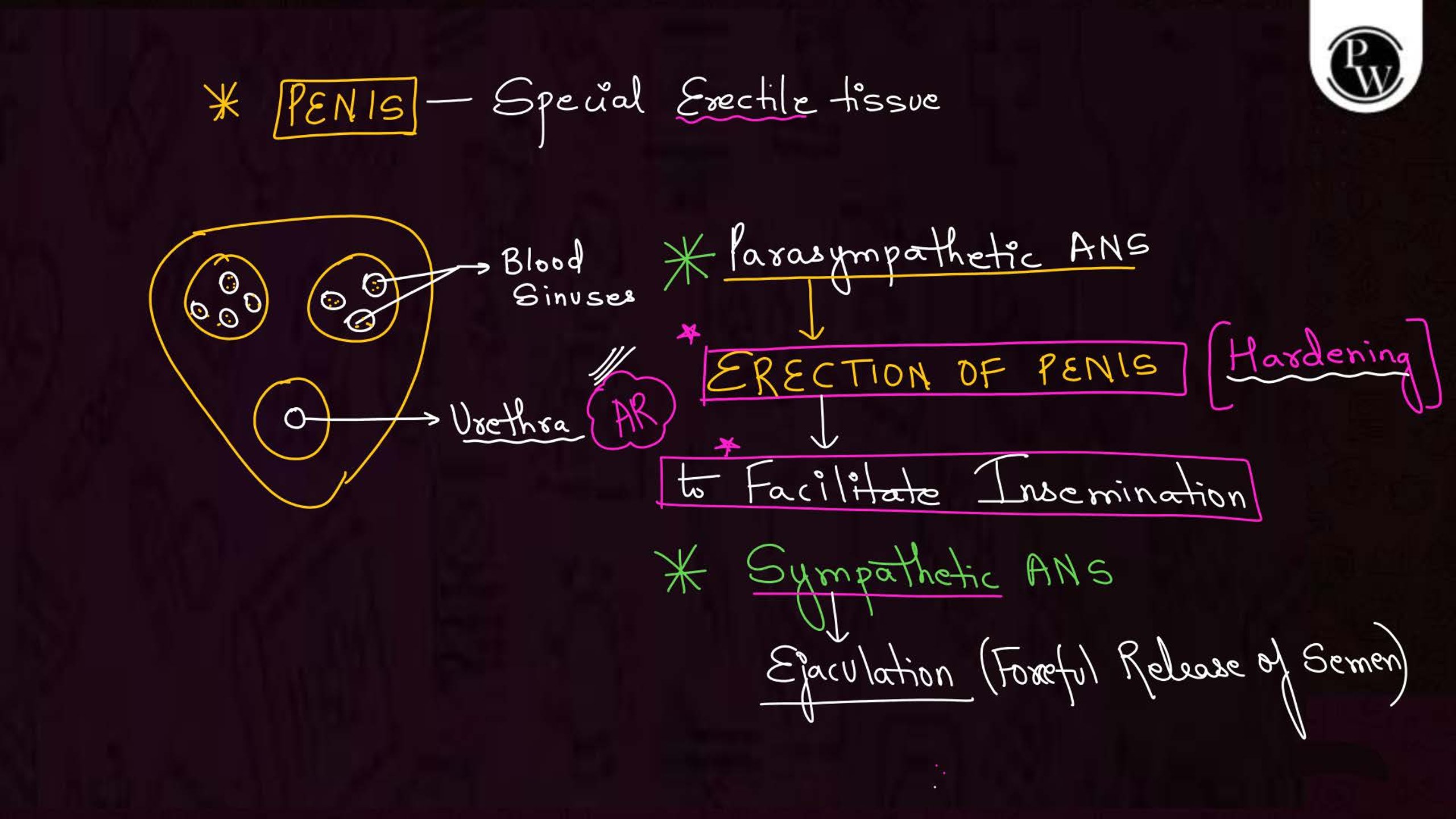
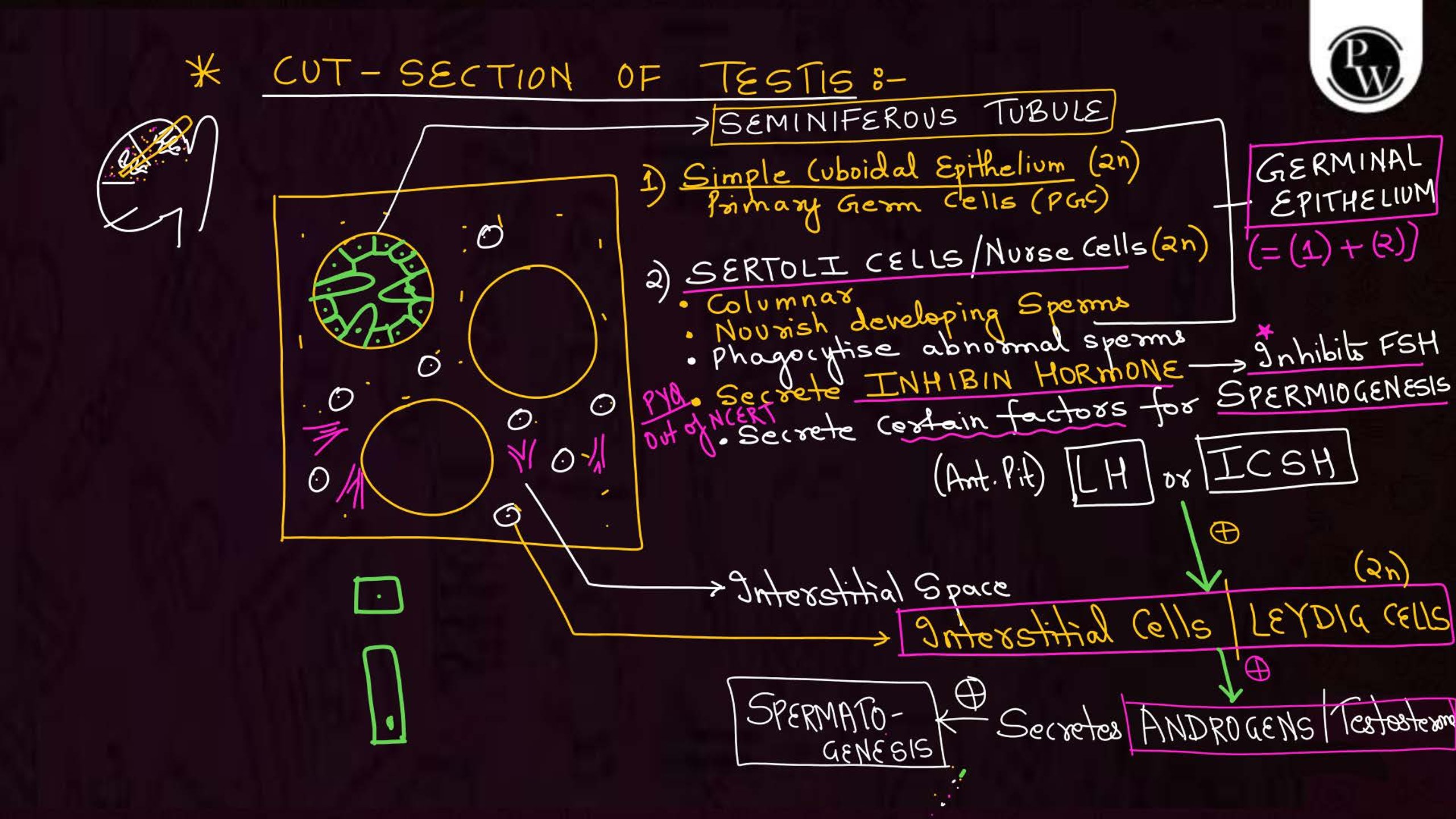
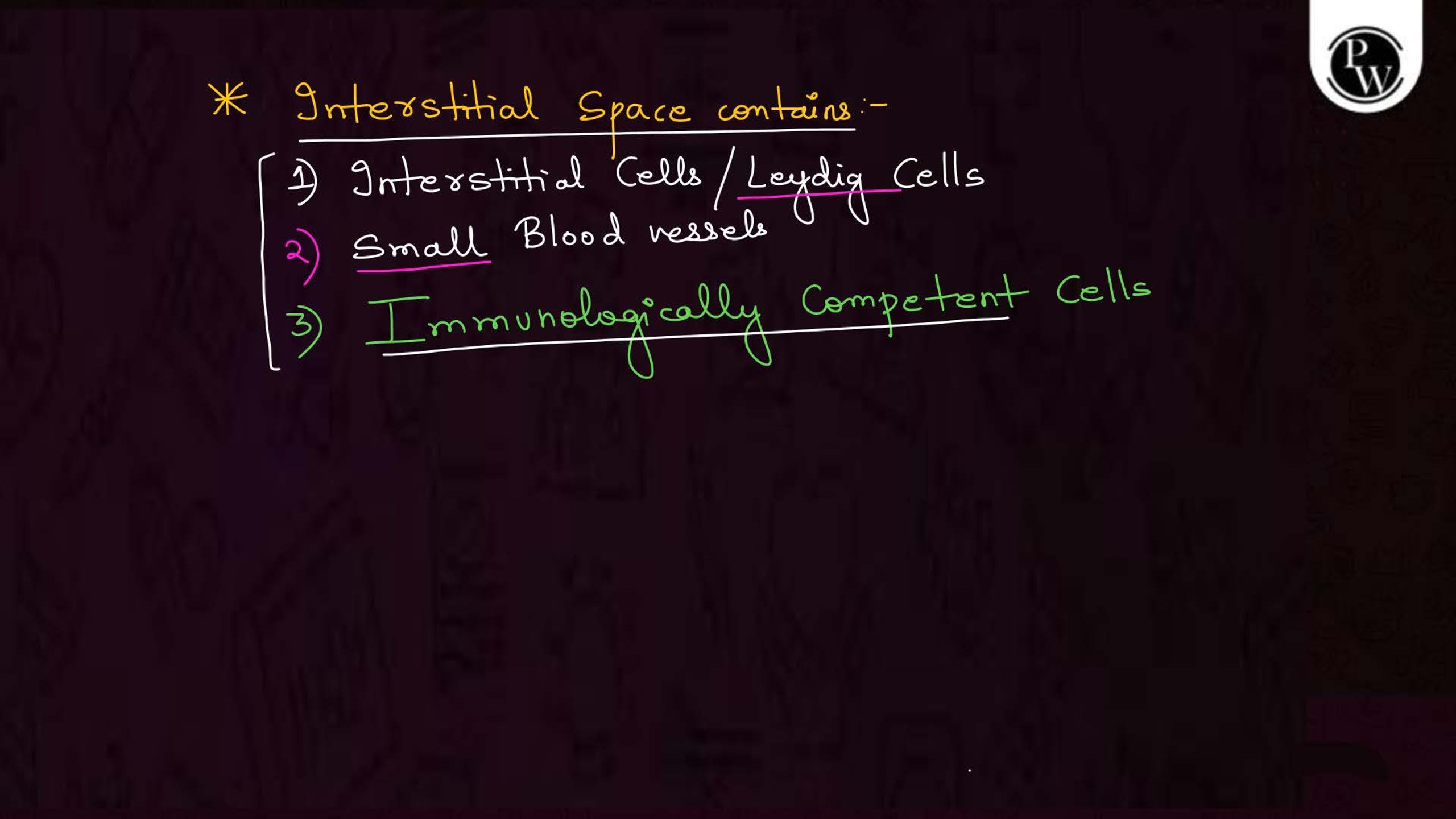
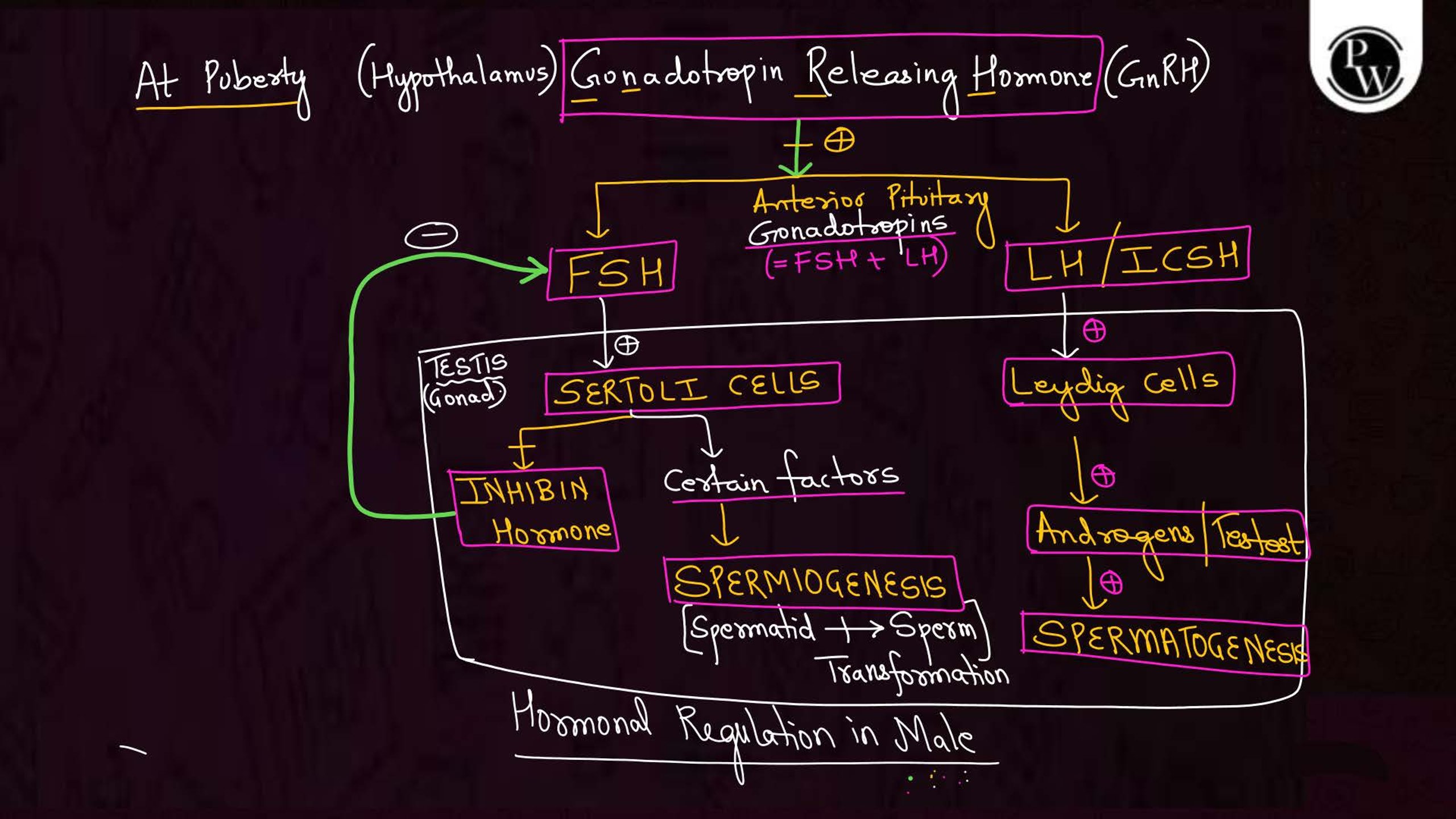
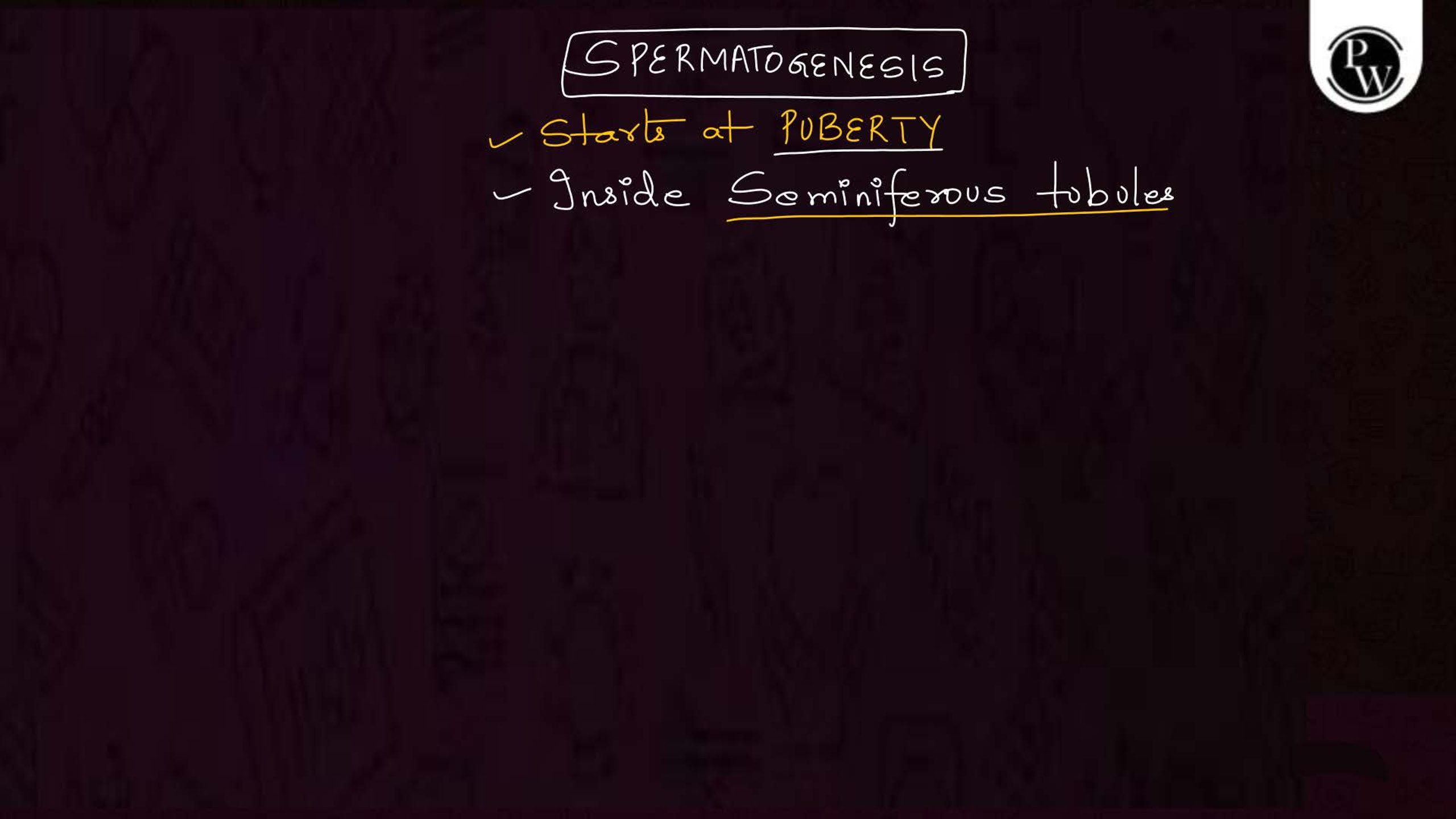
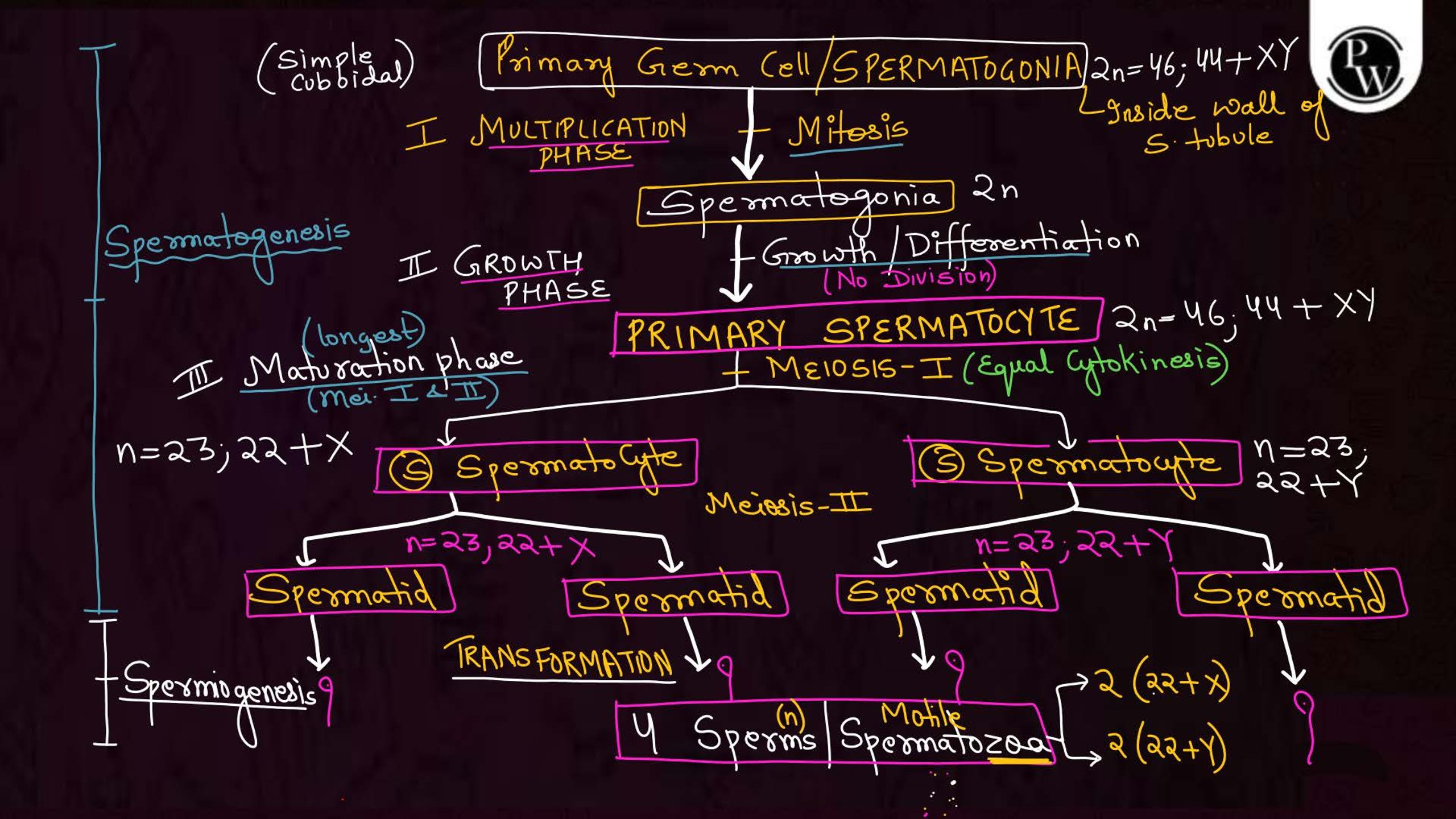
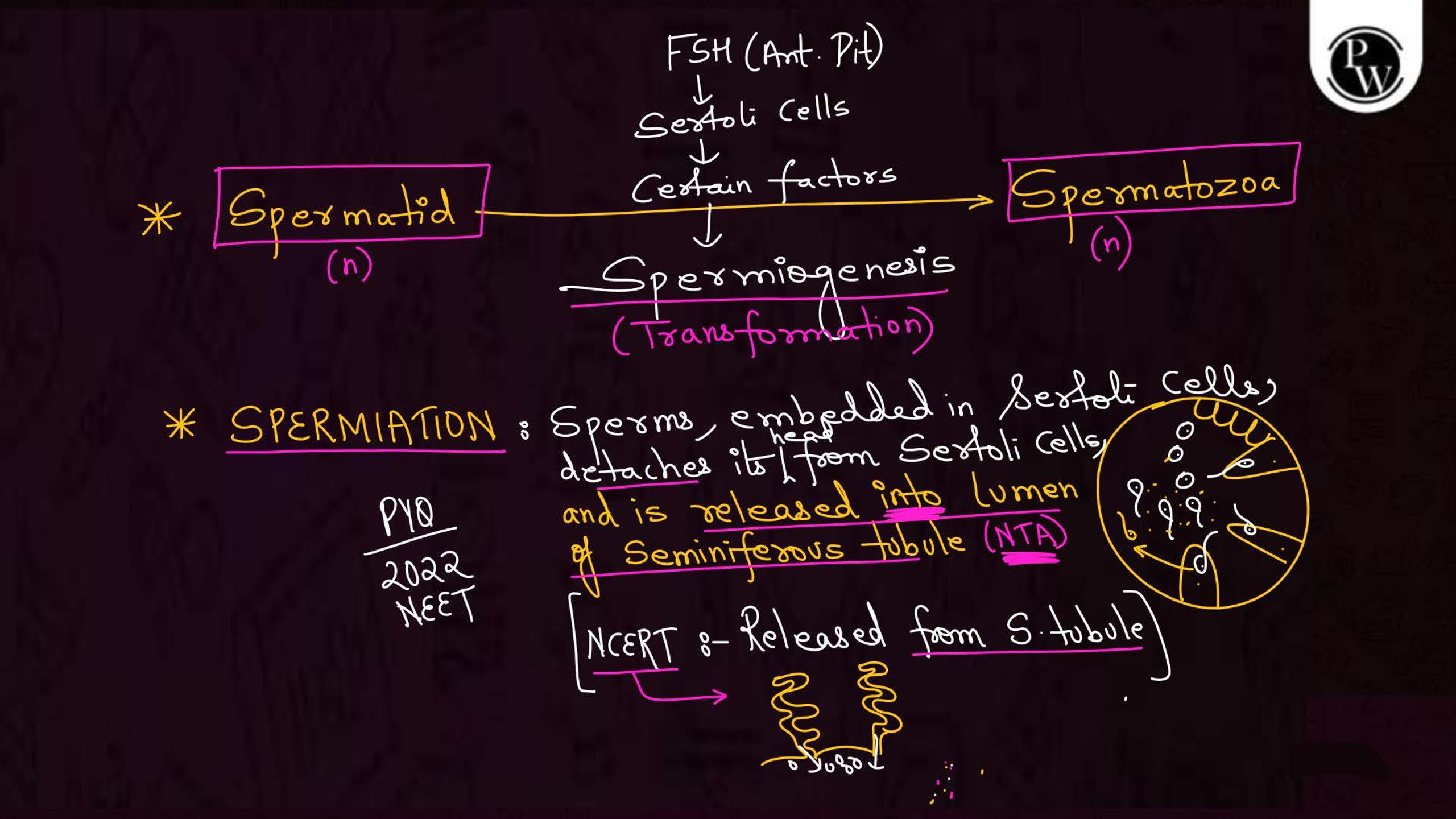
Human Reproduction Important PDF for NEET Notes
To support your NEET preparation, we have provided a detailed PDF on human reproduction. This PDF includes essential diagrams, summarized theories, topic-wise MCQs with solutions, and assertion-reason questions to refine your understanding.
Human Reproduction NEET Notes (PDF)
What is Human Reproduction?
Human reproduction is a biological process involving the formation of gametes, fertilization, embryonic development, and the birth of offspring. The male reproductive system produces sperm, while the female system provides ova and the environment for embryonic development. The key processes include gametogenesis, fertilization, implantation, fetal development, and parturition.
Weightage of Human Reproduction NEET Notes - Last 5 Years
Over the last five years, human reproduction has consistently contributed significantly to the NEET biology section. Typically, 3-4 questions (approximately 12-16 marks) are asked, making it a high-yield topic. Key areas like gametogenesis, hormonal regulation, and embryology are frequently tested and must be given special attention.
| Weightage Following Previous Year’s Trends (2020-2024) | ||||||
| Chapter | Easy | Medium | Hard | Total | Average Q/yr | Weightage |
| Human Reproduction | 3 | 11 | 5 | 19 | 3.80 | 7.20% |
| NEET Chapter Wise Weightage 2025 for Zoology | |
| Topics | Weightage (%) |
| Human Reproduction | 6% |
Importance of Human Reproduction NEET Notes
Human reproduction is a high-scoring topic in NEET due to its direct and application-based questions. It serves as a core concept for understanding broader physiological processes essential in medicine. Additionally, it is interlinked with topics like reproductive health, genetics, and endocrinology, reinforcing knowledge across multiple chapters.
Tips for Human Reproduction NEET Notes
To excel in human reproduction for NEET, students should focus on mastering the NCERT content, including diagrams, tables, and highlighted points.
- Practice MCQs Daily: Solve multiple-choice questions (MCQs) from NCERT and other reference books regularly to improve problem-solving skills.
- Revisit Topics with Notes: Create concise, easy-to-review notes for quick revision and better retention.
- Practice Diagram Labeling: Regularly practice diagram labeling, especially of the reproductive system, to enhance accuracy in exams.
- Take Mock Tests: Participate in mock tests to improve time management, speed, and accuracy.
- Analyze Past Year Questions (PYQs): Review previous year’s questions to identify recurring topics and focus on them during preparation.
Physics Wallah (PW) offers NEET Online Coaching in India, designed to make quality education accessible to all aspiring medical students.
| NEET Exam Important Links | |
|---|---|
| NEET Syllabus | NEET Biology Notes |
| NEET Eligibility Criteria | NEET Exam Pattern |
| NEET Previous Year Question Papers | NEET Biology Syllabus |
Human Reproduction NEET Notes FAQs
Is human reproduction important for NEET?
What are the important points of human reproduction?
What are the important topics in human reproduction class 12?
Is reproductive health important for NEET?










